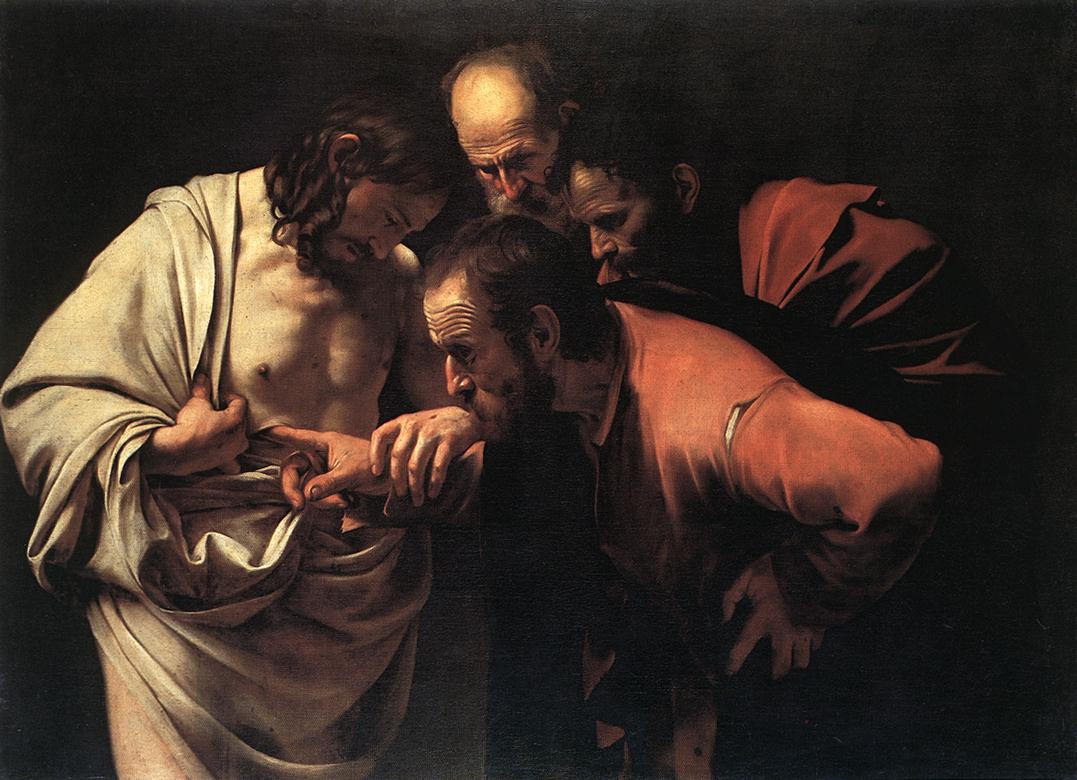Acts 2:42-47
They devoted themselves to the teaching of the apostles and to the communal life, to the breaking of bread and to the prayers. Awe came upon everyone, and many wonders and signs were done through the apostles. All who believed were together and had all things in common; they would sell their property and possessions and divide them among all according to each one's need. Every day they devoted themselves to meeting together in the temple area and to breaking bread in their homes. They ate their meals with exultation and sincerity of heart, praising God and enjoying favor with all the people. And every day the Lord added to their number those who were being saved.
1 Peter 1:3-9
Blessed be the God and Father of our Lord Jesus Christ, who in his great mercy gave us a new birth to a living hope through the resurrection of Jesus Christ from the dead, to an inheritance that is imperishable, undefiled, and unfading, kept in heaven for you who by the power of God are safeguarded through faith, to a salvation that is ready to be revealed in the final time. In this you rejoice, although now for a little while you may have to suffer through various trials, so that the genuineness of your faith, more precious than gold that is perishable even though tested by fire, may prove to be for praise, glory, and honor at the revelation of Jesus Christ. Although you have not seen him you love him; even though you do not see him now yet believe in him, you rejoice with an indescribable and glorious joy, as you attain the goal of your faith, the salvation of your souls.
John 20:19-31
On the evening of that first day of the week, when the doors were locked, where the disciples were, for fear of the Jews, Jesus came and stood in their midst and said to them, “Peace be with you.” When he had said this, he showed them his hands and his side. The disciples rejoiced when they saw the Lord. Jesus said to them again, “Peace be with you. As the Father has sent me, so I send you.” And when he had said this, he breathed on them and said to them, “Receive the Holy Spirit. Whose sins you forgive are forgiven them, and whose sins you retain are retained.”
Thomas, called Didymus, one of the Twelve, was not with them when Jesus came. So the other disciples said to him, “We have seen the Lord.” But he said to them, “Unless I see the mark of the nails in his hands and put my finger into the nailmarks and put my hand into his side, I will not believe.”
Now a week later his disciples were again inside and Thomas was with them. Jesus came, although the doors were locked, and stood in their midst and said, “Peace be with you.” Then he said to Thomas, “Put your finger here and see my hands, and bring your hand and put it into my side, and do not be unbelieving, but believe.” Thomas answered and said to him, “My Lord and my God!” Jesus said to him, “Have you come to believe because you have seen me? Blessed are those who have not seen and have believed.”
Now, Jesus did many other signs in the presence of his disciples that are not written in this book. But these are written that you may come to believe that Jesus is the Christ, the Son of God, and that through this belief you may have life in his name.
If Judas was known by his betrayal of Jesus and Peter by his denial, then Thomas was in no lesser way to be known by his doubtfulness. To the majority of us, if we do not identify ourselves with Judas or Peter, we certainly have times finding ourselves to be like Thomas, or at least some part of him.
In today's Gospel, through providential arrangement, Thomas was absent when the risen Jesus appeared to the apostles. This arrangement which at first seemed to be disadvantageous turns out to be the most concrete witnessing of Jesus' resurrection---a skeptical Thomas confessing and acclaiming “My Lord and my God” (John 20:28). To the future generations, Thomas will be the one for those who find themselves facing a similar situation. He will be the one who sees for them the mark of the nails in Jesus' hands; he will be the one who takes their fingers and puts them into Jesus' wounded side; he will be the one who helps them to profess their faith as he himself did.
How consoling to hear these words from our Lord's own mouth:”Blessed are those who have not seen and yet have come to believe” (John 20:29). We certainly can identify ourselves with this. Except for some saints and those whom God grants special graces, most of us would not have the privilege to see Jesus in this life and yet again, this disadvantage turns out to be something good for us. In our present age when everything seems to be in need of empirical proof in order to be recognized as authentic, those who occupied themselves in looking for miracles and signs should realize that these are not the prerequisites for faith. On the contrary very often, human sight is an easy prey for illusions and deceptions. This praise from Jesus of “not seeing yet believe” is a wakeup call for true faith.
Perhaps the last but an important reminder is that Jesus' apostles did not begin as saints. Like us, they had lots of defects and imperfections and yet through faith, they all became saints in the end. If they mirrored us as in the beginning, let us hope that we too can mirror them as in the end.
